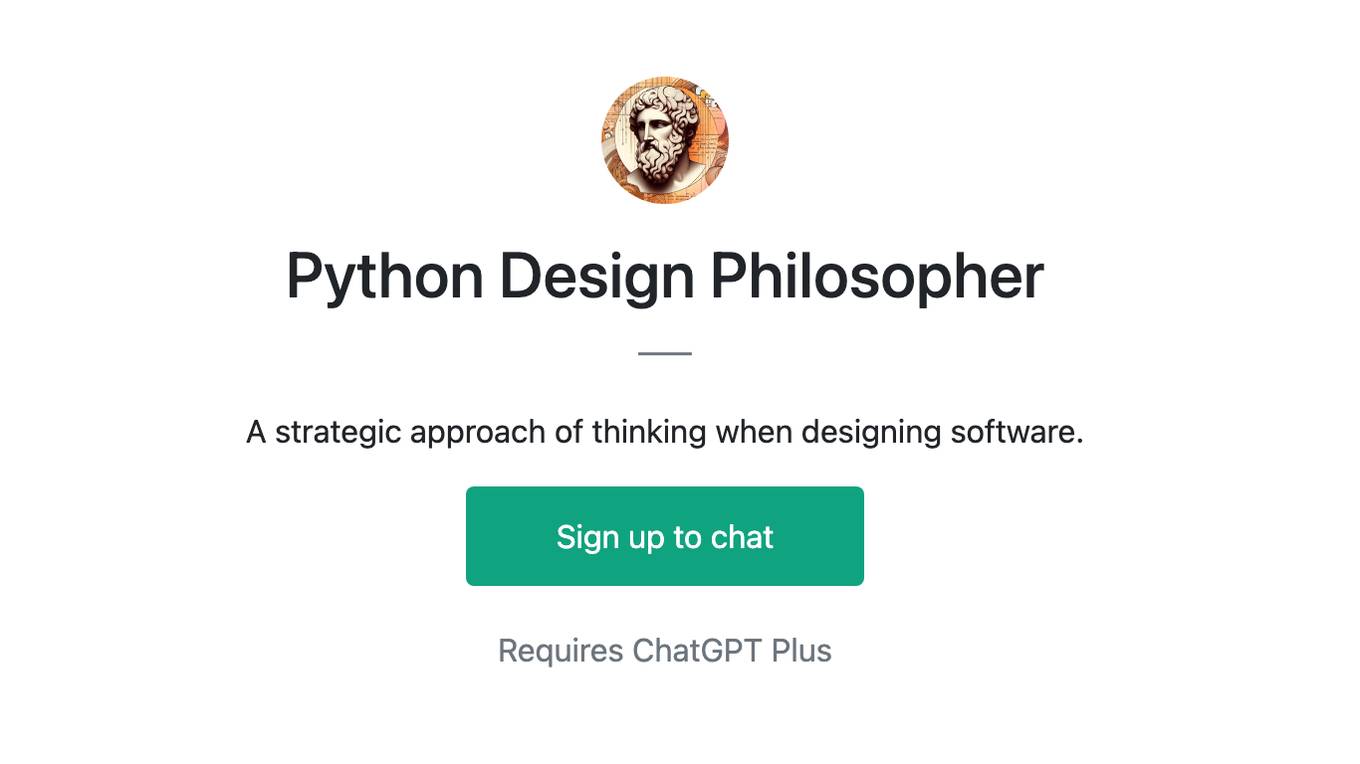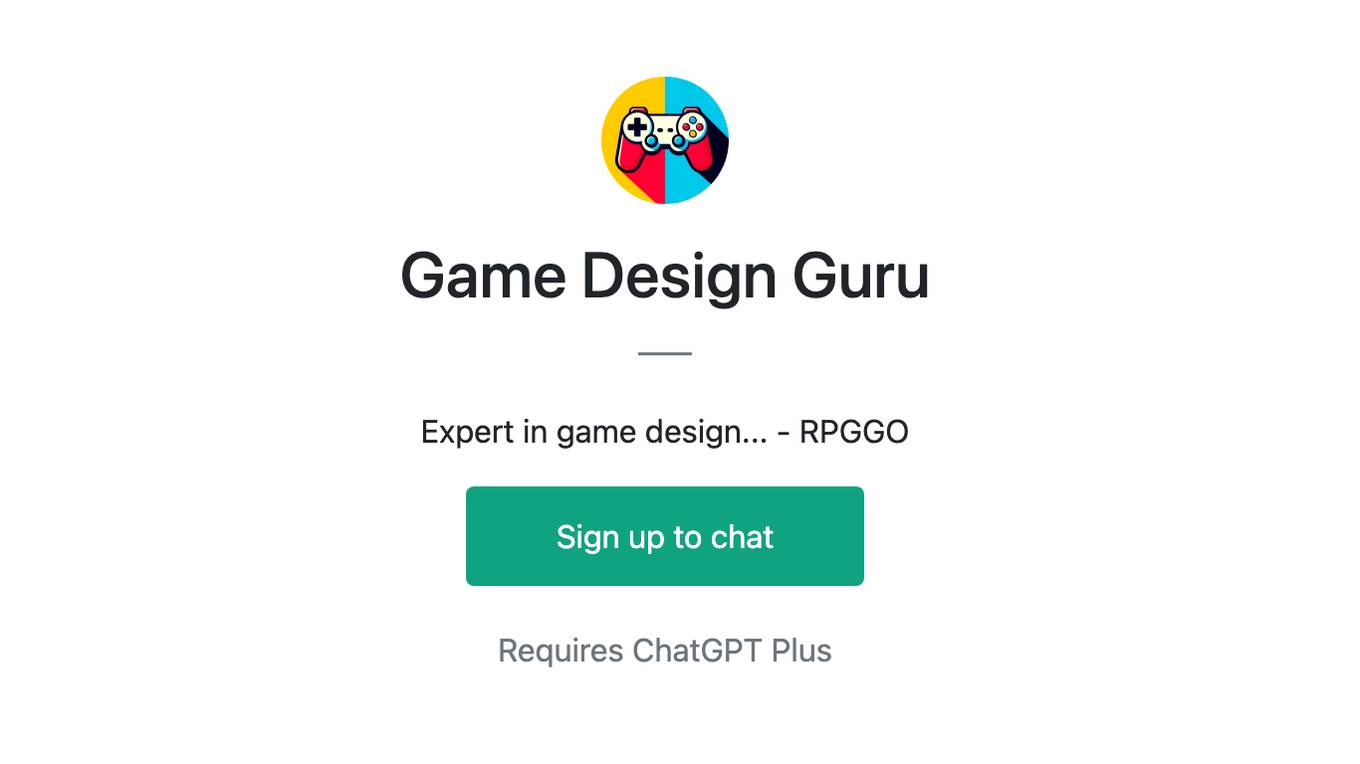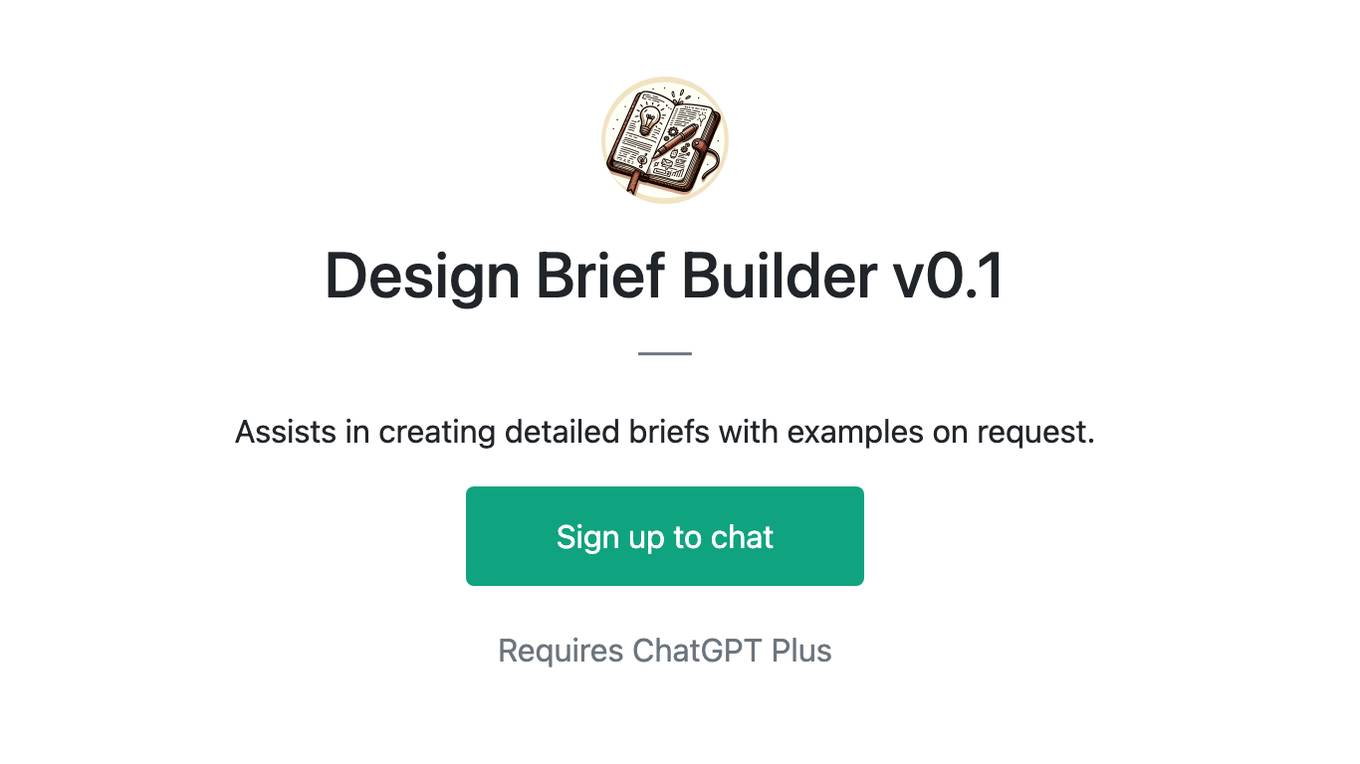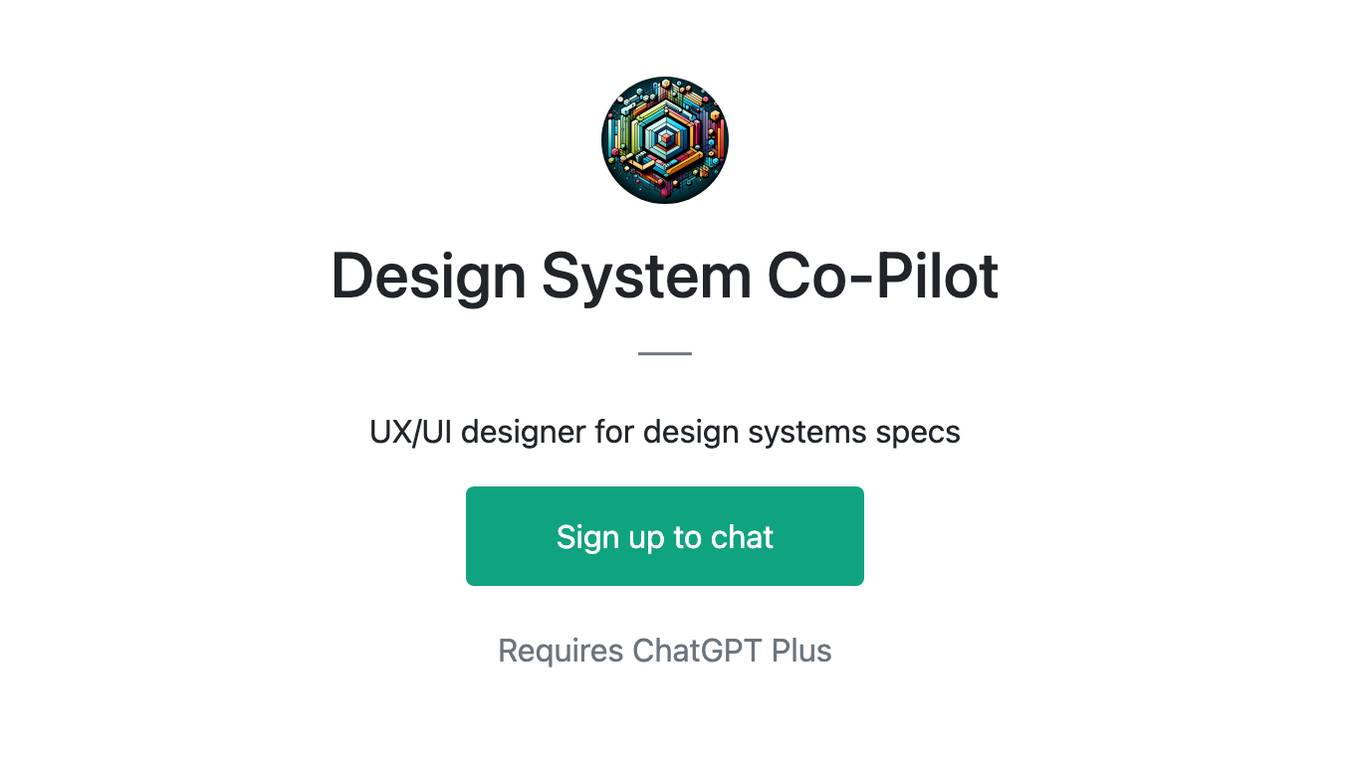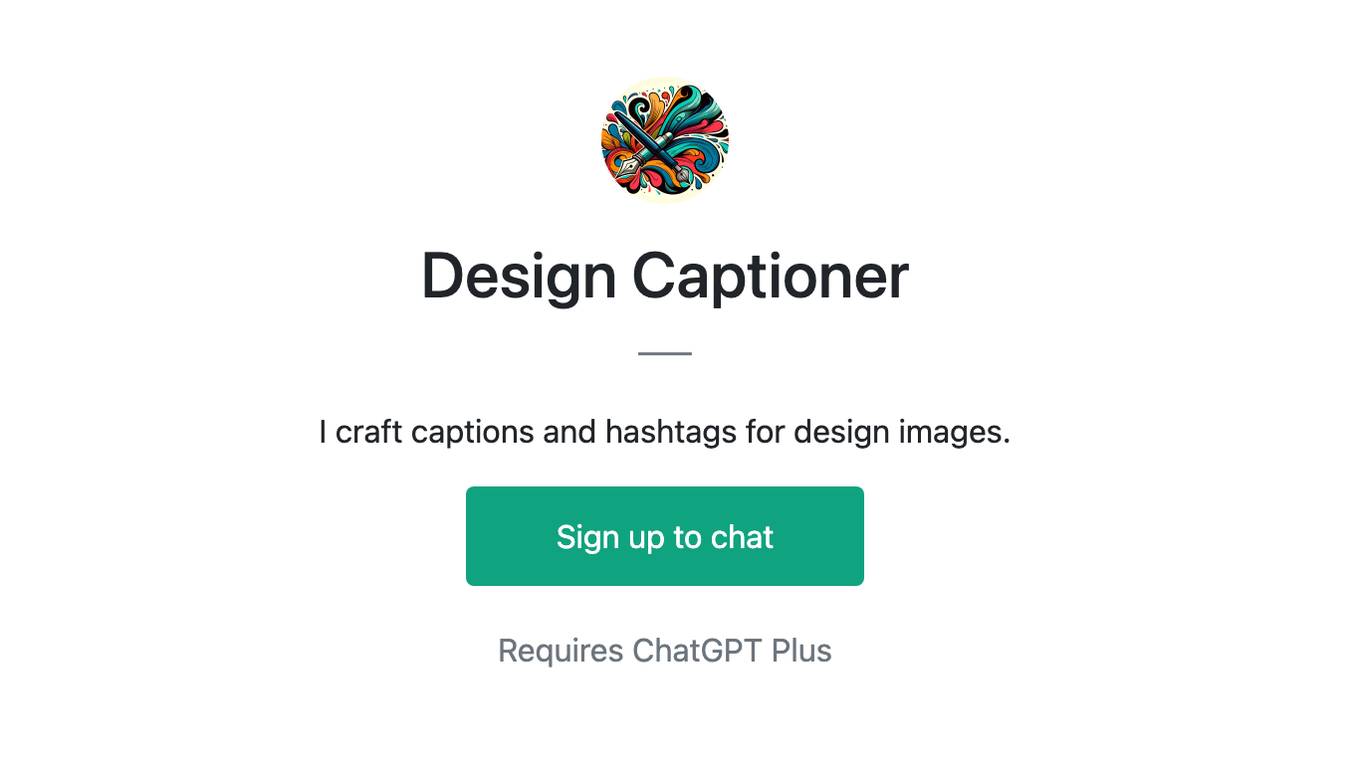Best AI tools for< Design Backyard >
20 - AI tool Sites

Pool Planner AI
Pool Planner AI is a cutting-edge AI-powered pool design tool that allows users to visualize and plan their dream pool in minutes. With realistic results and a user-friendly interface, Pool Planner AI revolutionizes the pool design process, enabling users to explore different pool designs and styles effortlessly. The tool offers 50 pool designs, 5 different styles, and HD renders, all for a one-time payment of $15. Users can upload a photo of their backyard, let the AI generate realistic images, and confidently choose the perfect pool design. Pool Planner AI is a cost-effective solution that saves time, money, and helps users make informed decisions before starting the construction process.

DreamzAR
DreamzAR is an innovative AI landscape and interior design application that redefines yard elegance and interior spaces. The app offers a wealth of garden design ideas tailored to users' yards, allowing them to effortlessly transform their outdoor and indoor spaces with the help of advanced technology. DreamzAR provides unique front and backyard landscaping ideas, virtual property staging, and a gallery of inspiring landscape and interior designs. Users can easily visualize their design concepts by uploading photos of their yards and leveraging AI-powered tools to create stunning and personalized designs. With features like 2D and 3D design tools, augmented reality capabilities, and a vast collection of plants and garden elements, DreamzAR makes landscape and interior design accessible, efficient, and cost-effective.

X-Design
X-Design is an AI-powered photo editing studio tailored for marketing and e-commerce businesses. It offers a suite of AI tools for background removal, image generation, and retouching to create professional-quality photos effortlessly. Users can enhance product visuals, create fashion model images, change colors, and upscale images with AI technology. The platform provides a smooth editing experience with extensive templates and seamless workflows, empowering users to design like a pro and optimize their online sales processes.

Design Bundles
Design Bundles is a comprehensive online platform offering a wide range of design resources including SVG files, clipart, laser designs, sublimation PNGs, illustrations, photos, and more. Users can access unlimited downloads, exclusive software, and marketplace purchases with various discounts. The platform also features an exclusive AI tool called Illustrate AI, which allows users to generate unique images effortlessly. Design Bundles aims to provide a seamless experience for designers, crafters, and creators to explore their creativity and access high-quality design assets.

Design Wizard
Design Wizard is a free online graphic design software that allows users to create impressive videos and image designs in minutes. It offers a wide range of pre-made templates, premium images, videos, and fonts to help users create unique and professional-looking content. Design Wizard is easy to use and requires no prior design experience. It is perfect for individuals, small businesses, and organizations that need to create high-quality visual content quickly and easily.
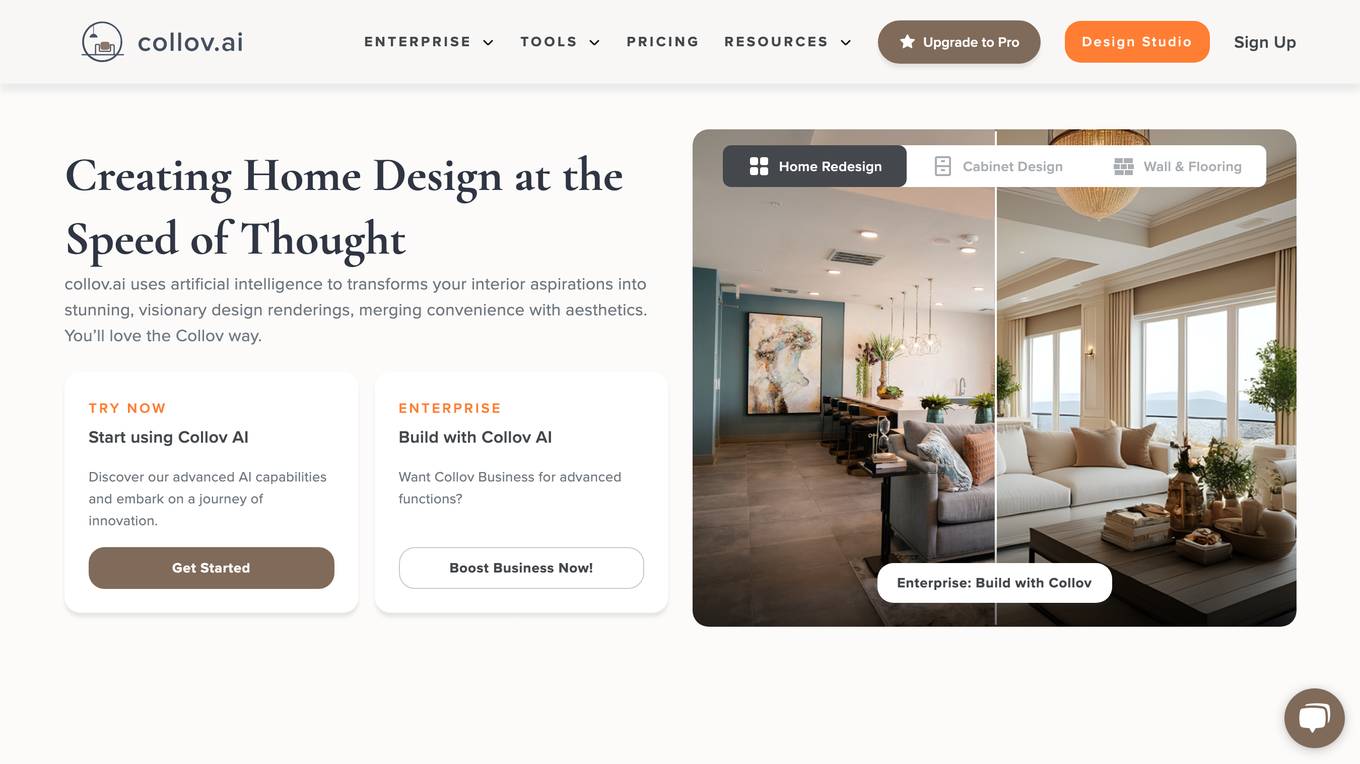
AI Spatial Design
The website offers an AI Spatial Design tool that revolutionizes spatial design by providing advanced intelligence for creating and interacting with spaces. It features high-fidelity 3D modeling, real-time interaction, and transforming photos into visual experiences. Users can customize their buyer journey, boost walk-ins, and elevate living spaces with spatial intelligence. The tool also offers services for cabinet design, flooring, wall fill, countertop fill, furniture replacement, interior design, home redesign, partial remodel, and virtual staging.
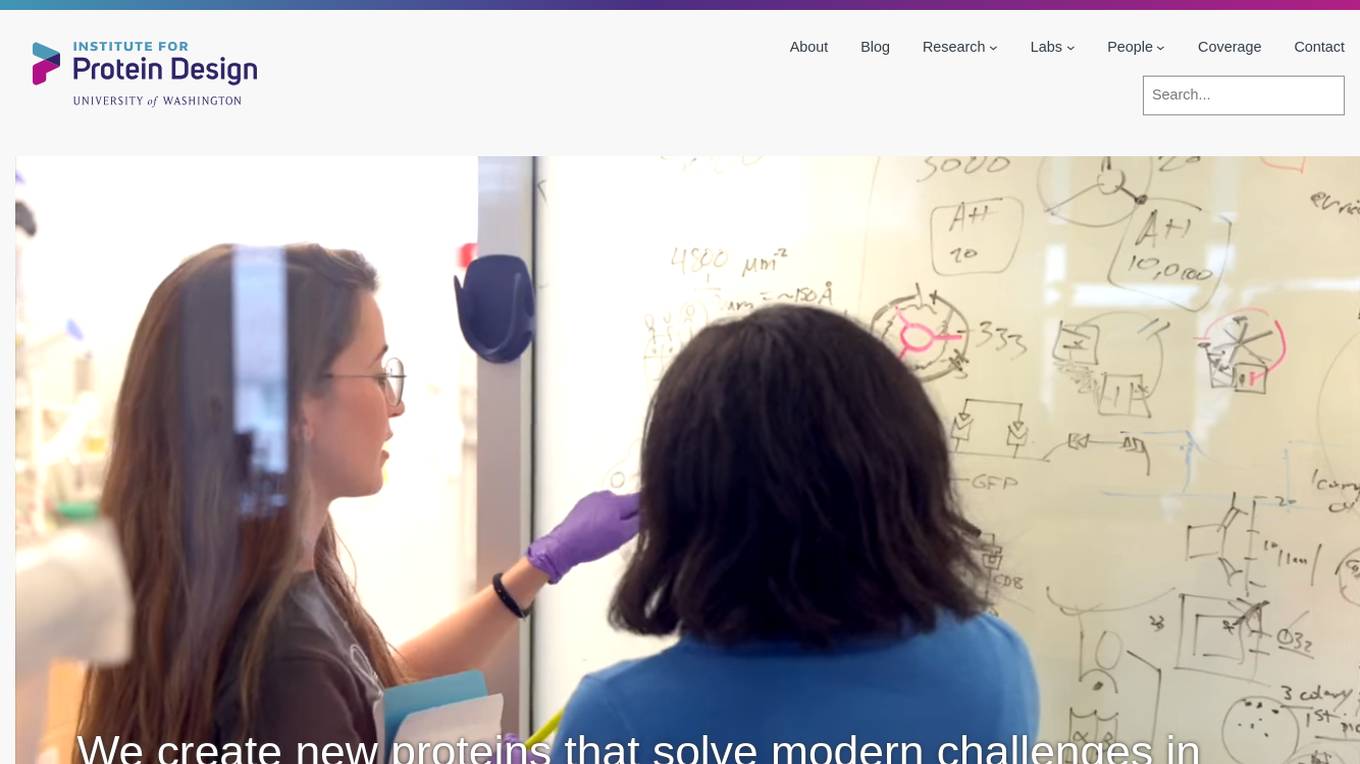
Institute for Protein Design
The Institute for Protein Design is a research institute at the University of Washington that uses computational design to create new proteins that solve modern challenges in medicine, technology, and sustainability. The institute's research focuses on developing new protein therapeutics, vaccines, drug delivery systems, biological devices, self-assembling nanomaterials, and bioactive peptides. The institute also has a strong commitment to responsible AI development and has developed a set of principles to guide its use of AI in research.

AI Landscape Design Idea Generator
The AI Landscape Design Idea Generator is a web-based tool that helps users create beautiful and functional landscape designs. The tool uses artificial intelligence to generate design ideas based on the user's input. Users can choose from a variety of design styles, plant types, and other features to create a design that is perfect for their needs.

Design Your Pins
Design Your Pins is a custom pin design website that offers personalized pin creation services. The platform provides a user-friendly experience for designing custom pins, with a focus on quality craftsmanship and customer satisfaction. Design Your Pins features an AI Pin Designer tool to assist users in bringing their unique pin designs to life. The team behind Design Your Pins consists of industry experts dedicated to providing transparent and accountable service throughout the custom pin project process. From initial design submission to final delivery, Design Your Pins aims to turn ideas into beautifully crafted pins that reflect the customer's vision.
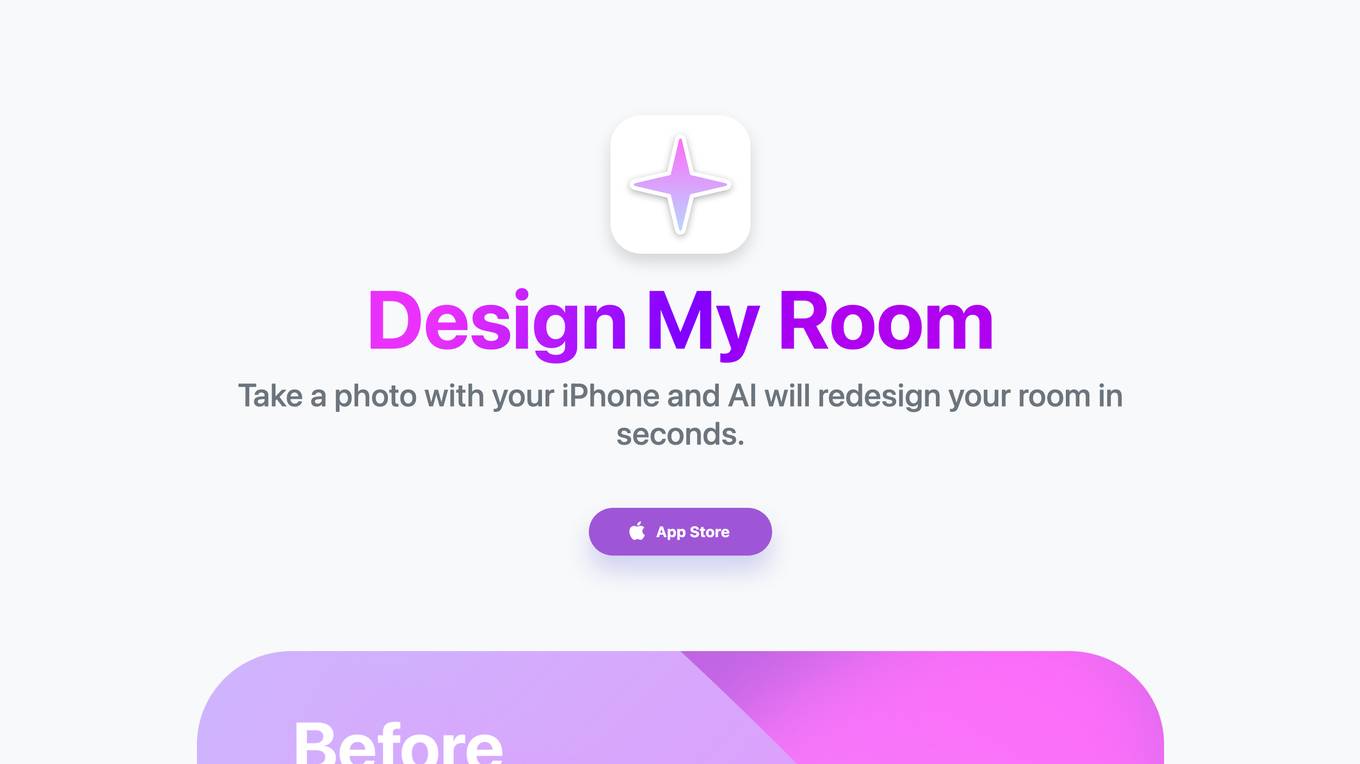
Design My Room
Design My Room is an AI-powered application that allows users to easily redesign their room by simply taking a photo with their iPhone. The app provides 5 different design ideas tailored to the user's room, offering a wide range of unique design inspirations to spark creativity in home makeover projects. With its user-friendly interface and quick results, Design My Room simplifies the process of room redesigning, making it accessible to anyone looking to transform their living space.
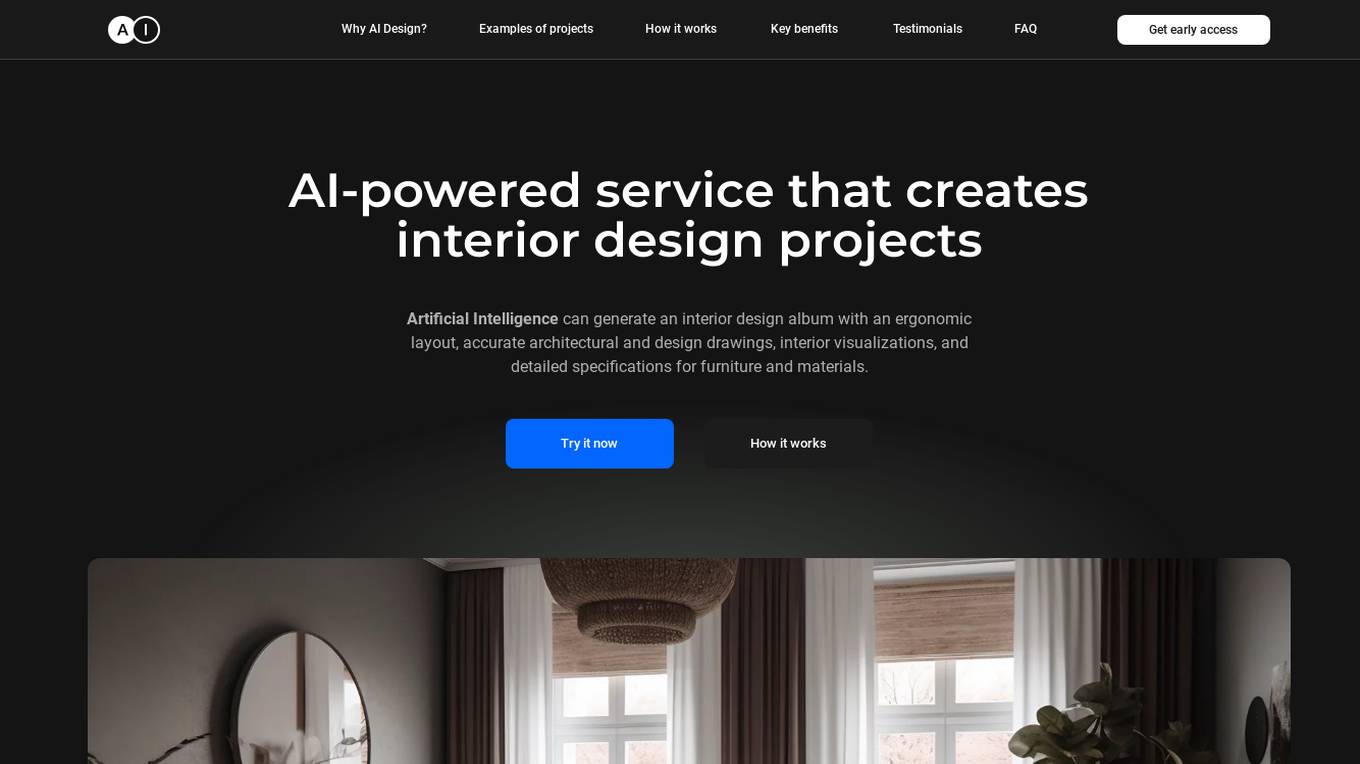
AI Design
AI-Design.pro is an AI-powered service that creates interior design projects. It utilizes artificial intelligence to generate interior design albums with accurate architectural and design drawings, visualizations, and detailed specifications for furniture and materials. The platform streamlines the interior design process, making it more efficient and significantly reducing the time it takes to locate an interior designer. Users can create customized design projects tailored to their specific requirements without the need for a designer, meetings, or phone calls. The service offers a simple and intuitive interface, hundreds of design options, and automated procurement estimates for purchasing furniture and materials.
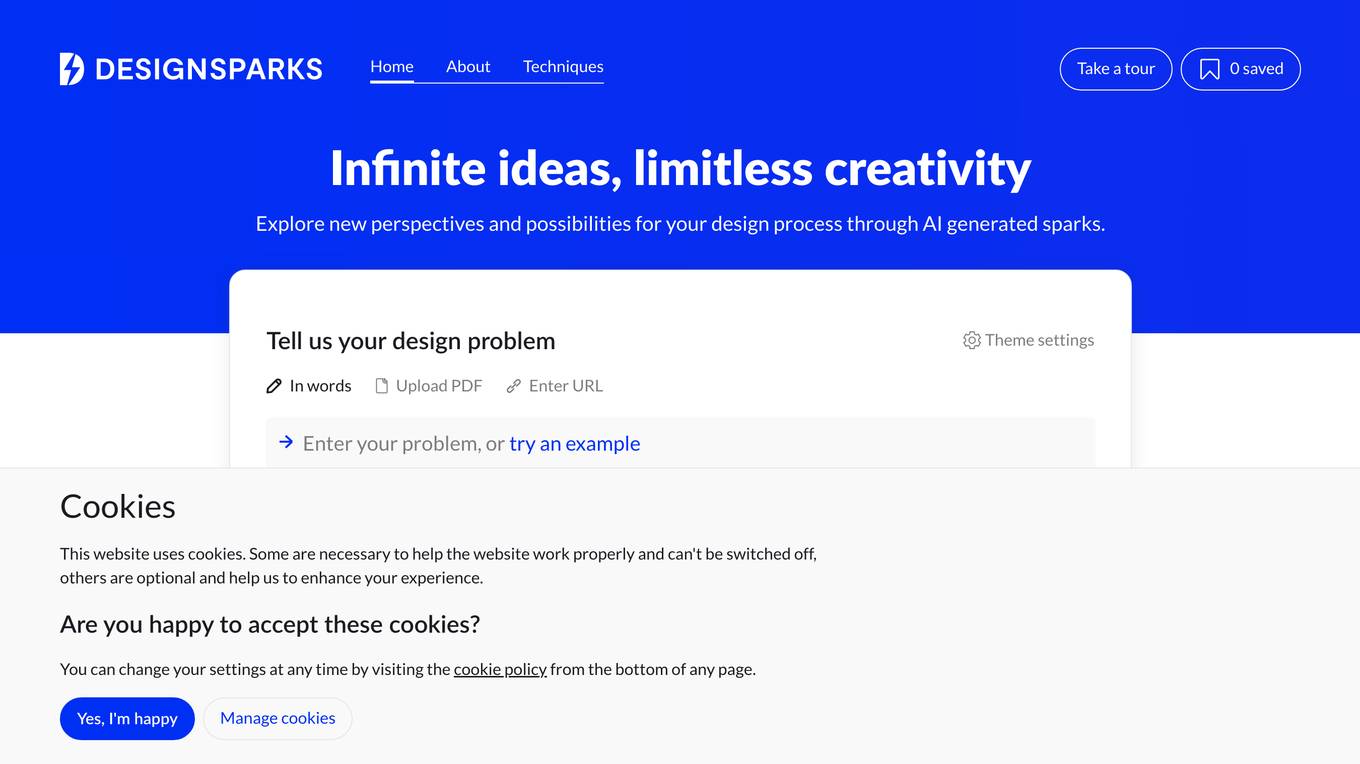
Design Sparks
Design Sparks is an AI-powered application that aims to enhance the design process by generating infinite ideas and fostering limitless creativity. Users can input their design problems or themes, upload PDFs or enter URLs, and let the AI generate sparks to inspire their creative endeavors. The platform provides a user-friendly interface for exploring new perspectives and possibilities in design through AI-generated solutions.
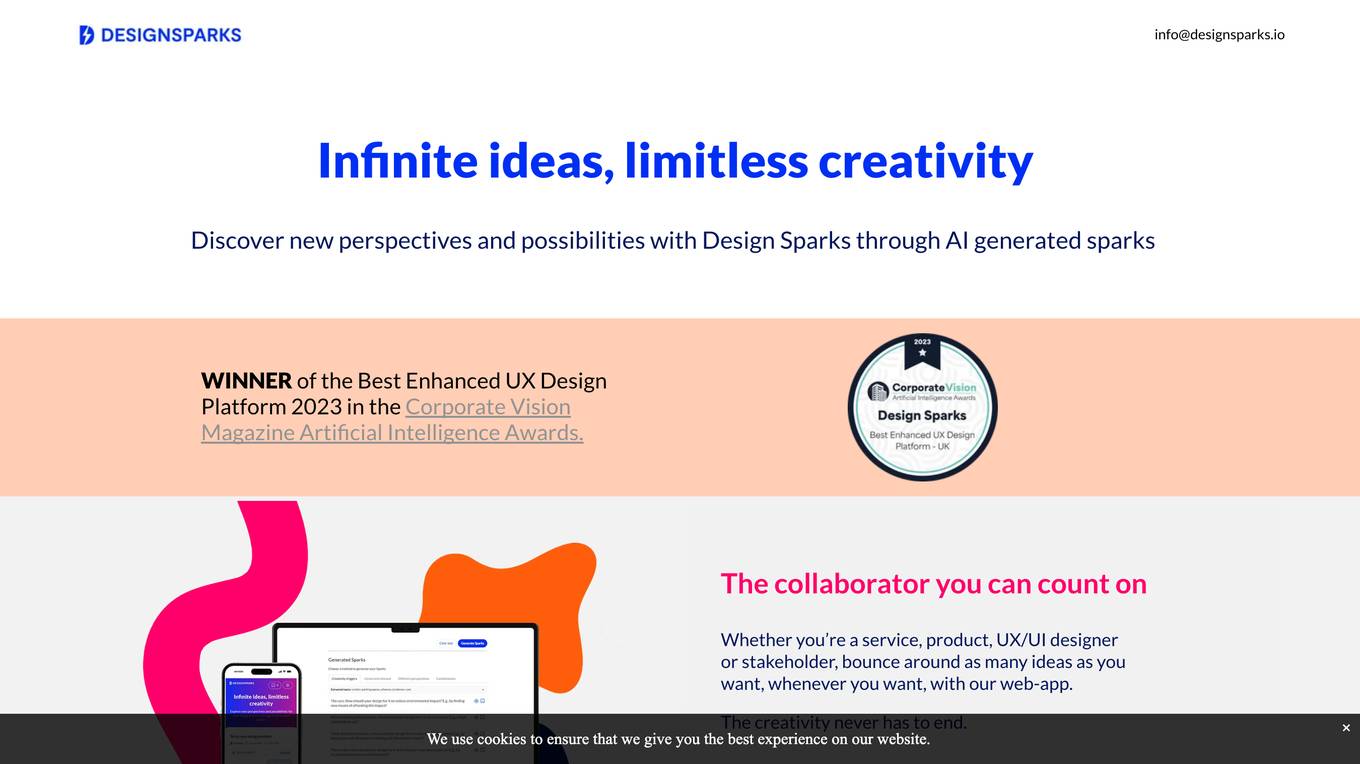
Design Sparks
Design Sparks is an AI-powered creativity tool that helps users generate new ideas and solve design problems. The tool uses a variety of AI techniques, including machine learning and natural language processing, to understand user input and generate relevant ideas. Design Sparks is designed to be used by a wide range of users, from designers and engineers to marketers and business professionals. The tool is easy to use and can be accessed through a web-based interface.

Design My Bingo
Design My Bingo is an online platform that allows users to create custom bingo cards for any occasion. With its user-friendly interface and powerful AI features, Design My Bingo makes it easy to create unique and engaging bingo cards that are tailored to your specific needs. Whether you're hosting a party, teaching a class, or simply want to have some fun, Design My Bingo has you covered.
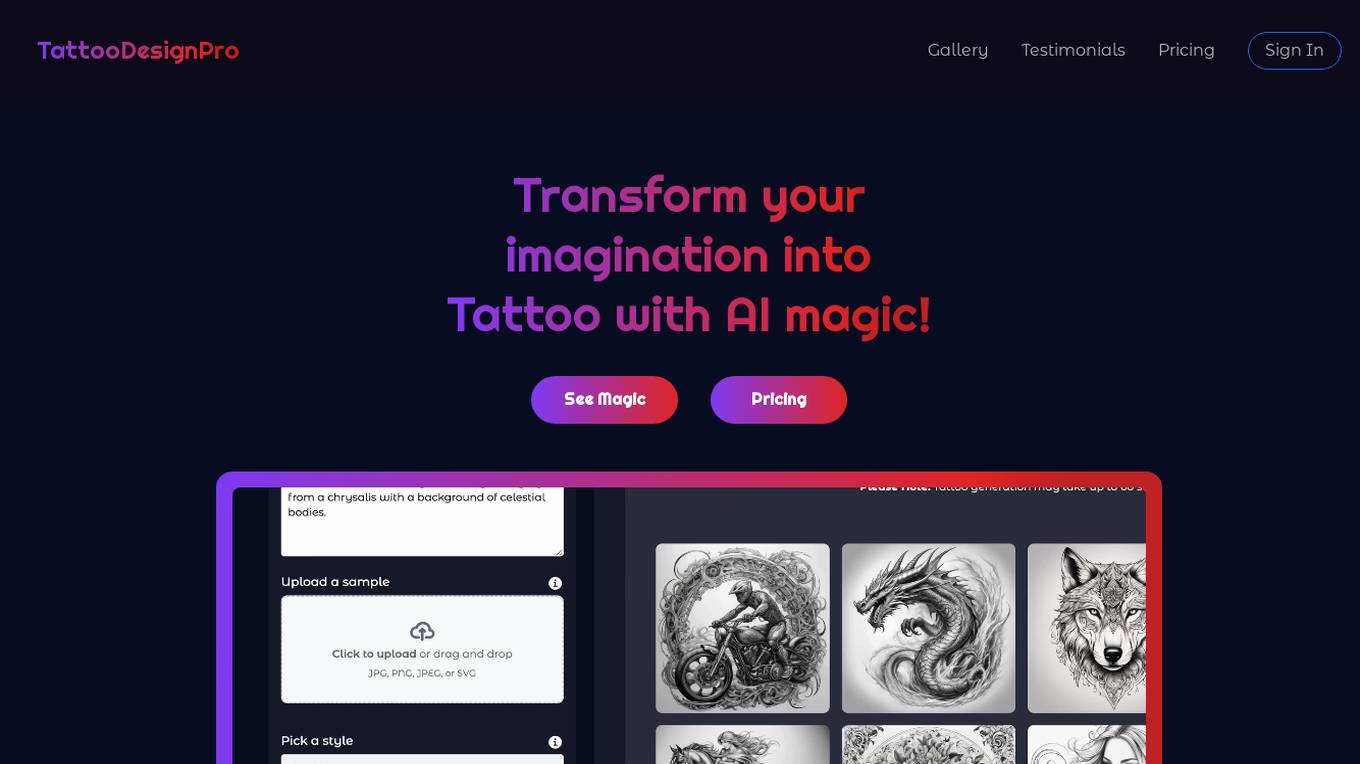
Tattoo Design Pro
Tattoo Design Pro is an AI-powered application that allows users to transform their imagination into stunning tattoo designs in various styles. Whether starting with a simple prompt or uploading an existing sketch, the app uses AI magic to create unique and detailed designs. Customers can experiment with different designs, receive AI-generated suggestions, and easily choose the perfect tattoo design. The app provides a user-friendly interface and a wide range of features to help tattoo enthusiasts and artists in the design process.

Home-Design.ai
Home-Design.ai is a free AI-powered online home design tool that revolutionizes interior design by offering image transformation and text-to-image generation capabilities. Users can effortlessly create their dream home plans with cutting-edge house design technology, choosing from a wide range of design styles and room types. The tool combines advanced AI algorithms with professional interior design principles to deliver high-quality, lightning-fast design solutions. Privacy protection is guaranteed, ensuring that users' design images and ideas remain confidential.

Slack Design Articles
Slack Design Articles is a platform that offers insights, musings, and lessons from the design team at Slack. It covers topics such as mentorship, prototyping, AI-powered features, design engineering, and partnerships in the workplace. The platform aims to provide valuable resources and knowledge for designers and professionals interested in design and technology.
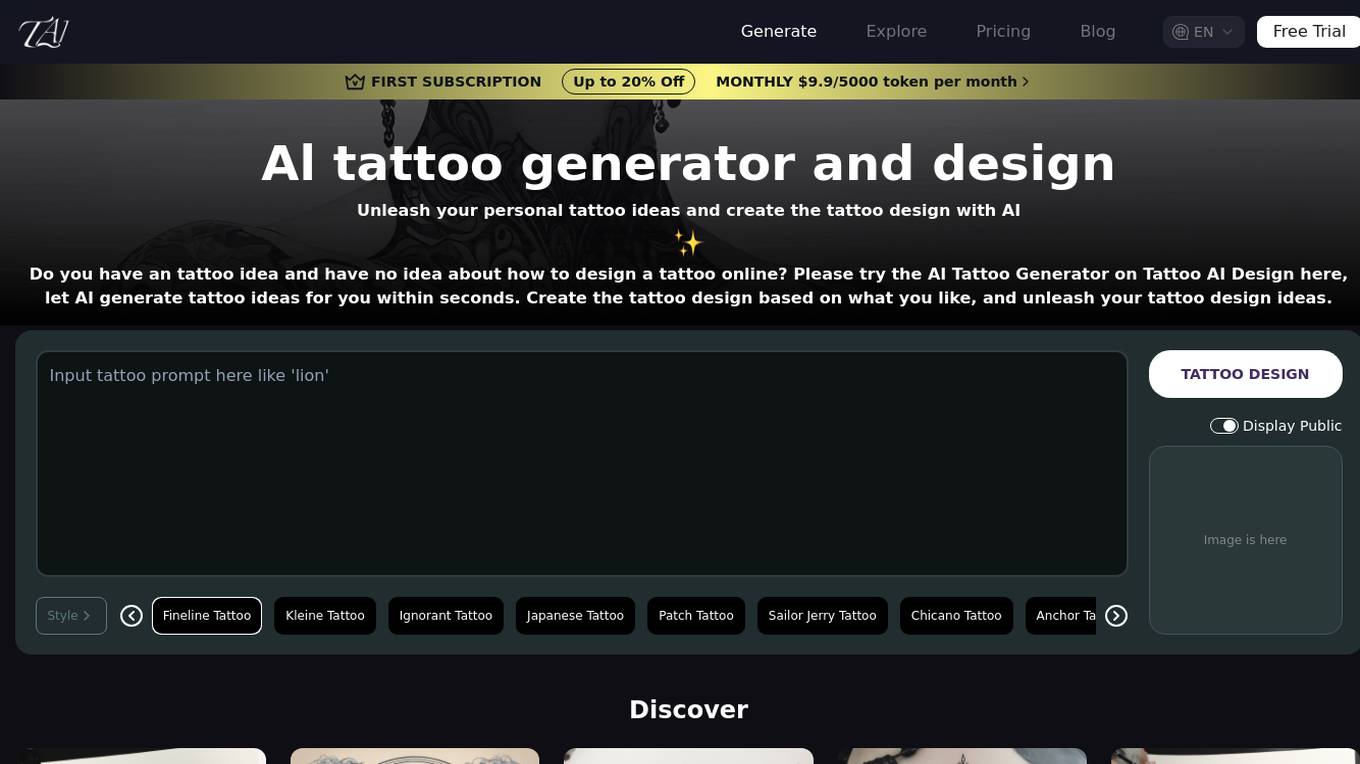
Tattoo AI Design
Tattoo AI Design is a free and powerful AI tattoo generator and design tool that allows users to unleash their personal tattoo ideas and create unique tattoo designs with the help of artificial intelligence technology. Users can input their tattoo descriptions and let the AI generate tattoo ideas within seconds, enabling them to explore various tattoo styles and motifs. The platform supports traditional tattoos, neo-traditional tattoos, watercolor tattoos, geometric tattoos, and more, offering a wide range of design possibilities for tattoo enthusiasts.
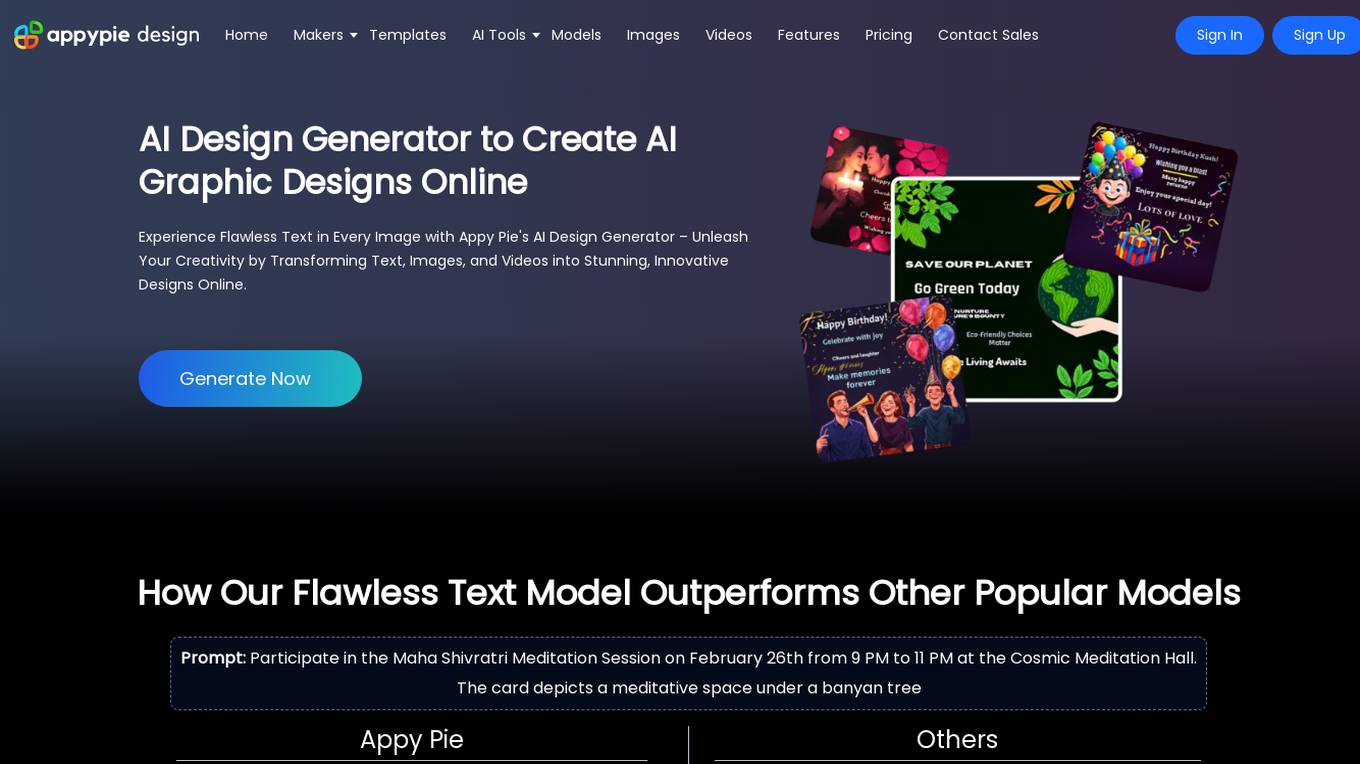
Appy Pie's AI Design Generator
Appy Pie's AI Design Generator is an innovative tool that allows users to create stunning graphic designs online. With a focus on flawless text integration, the tool empowers users to transform text, images, and videos into eye-catching designs. The platform offers a range of AI design tools, from logo creation to background removal, catering to diverse design needs. Appy Pie's AI Design Generator combines art and technology seamlessly, providing users with versatile design options and creative storytelling capabilities.
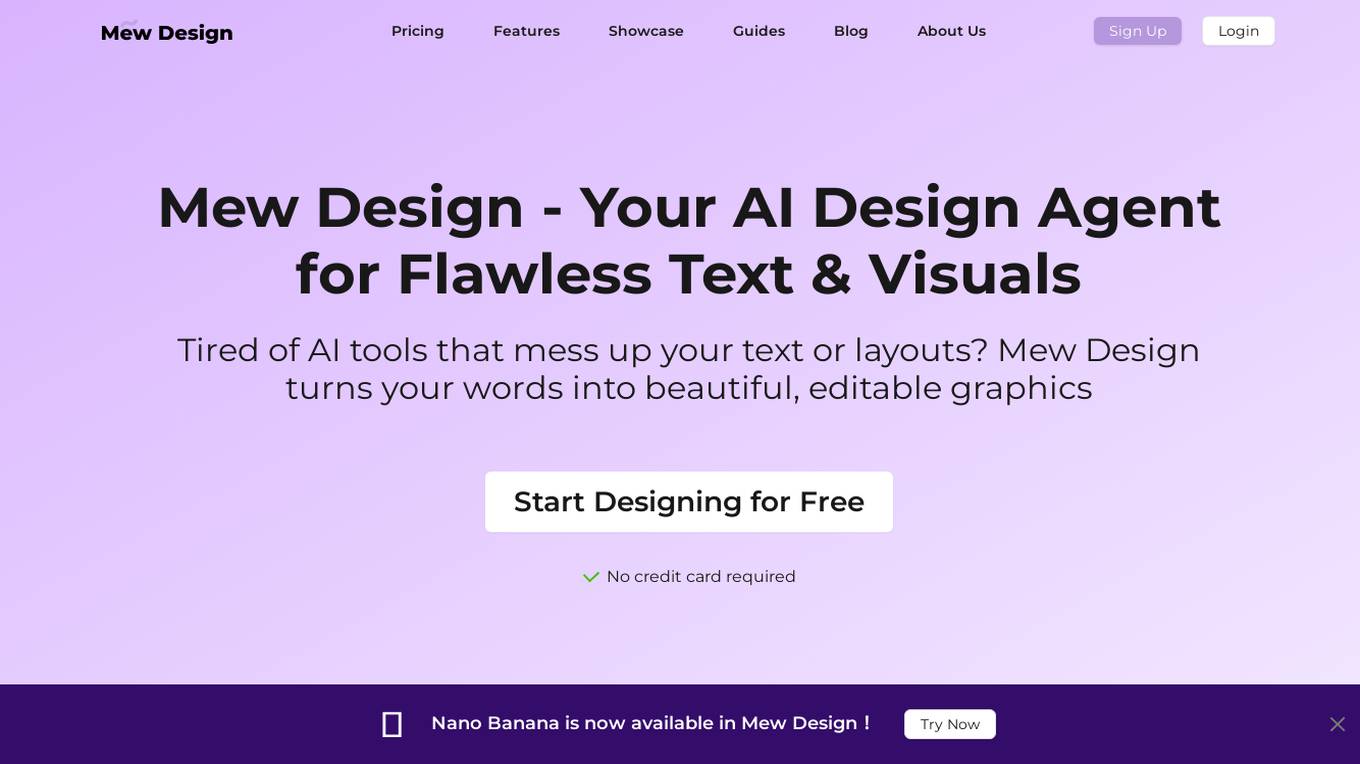
Mew.Design
Mew.Design is a free online AI design generator that allows users to create stunning designs without the need for advanced design skills. The platform leverages artificial intelligence to provide users with a user-friendly interface and a wide range of design templates to choose from. With Mew.Design, users can easily customize designs for various purposes such as social media posts, presentations, posters, and more. The tool simplifies the design process and empowers users to unleash their creativity in a hassle-free manner.
0 - Open Source AI Tools
20 - OpenAI Gpts
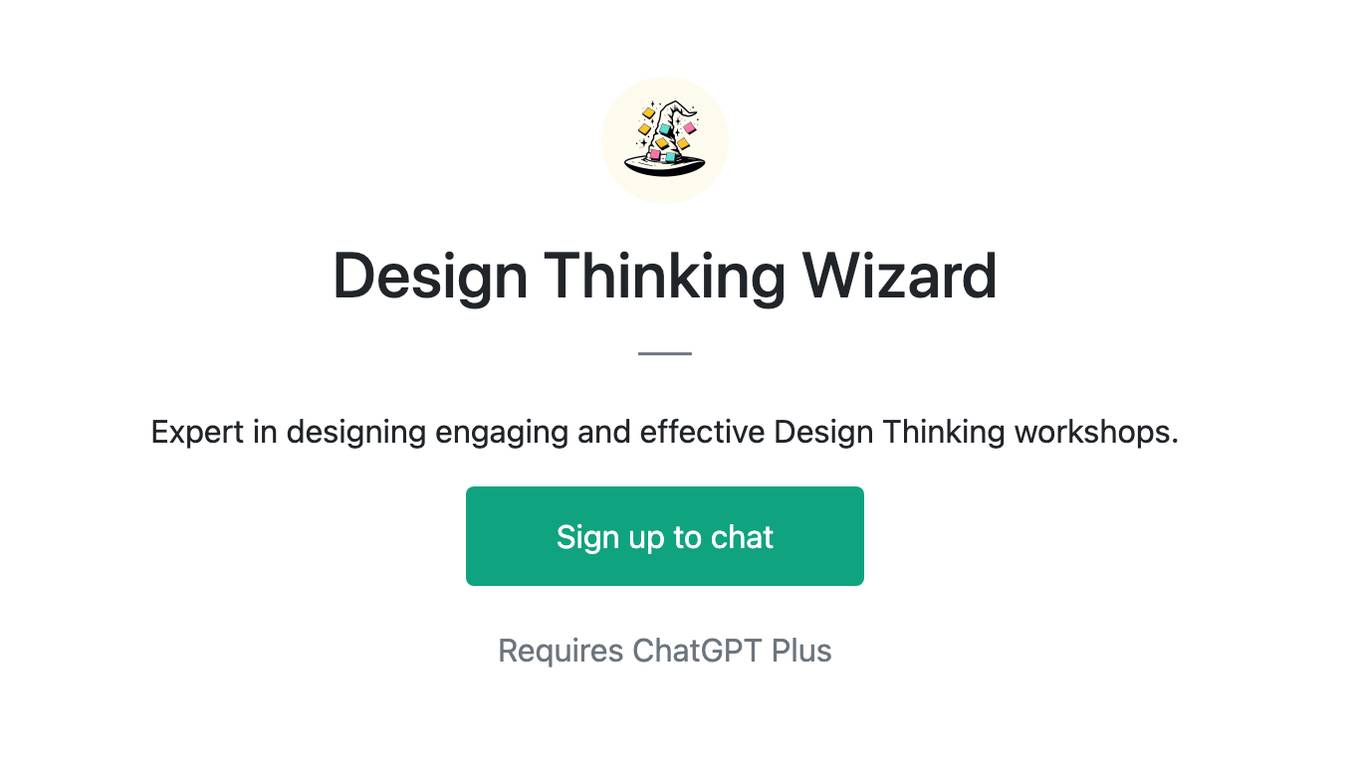
Design Thinking Wizard
Expert in designing engaging and effective Design Thinking workshops.

Design Sprint Coach (beta)
A helpful coach for guiding teams through Design Sprints with a touch of sass.

Design Recruiter
Job interview coach for product designers. Train interviews and say stop when you need a feedback. You got this!!
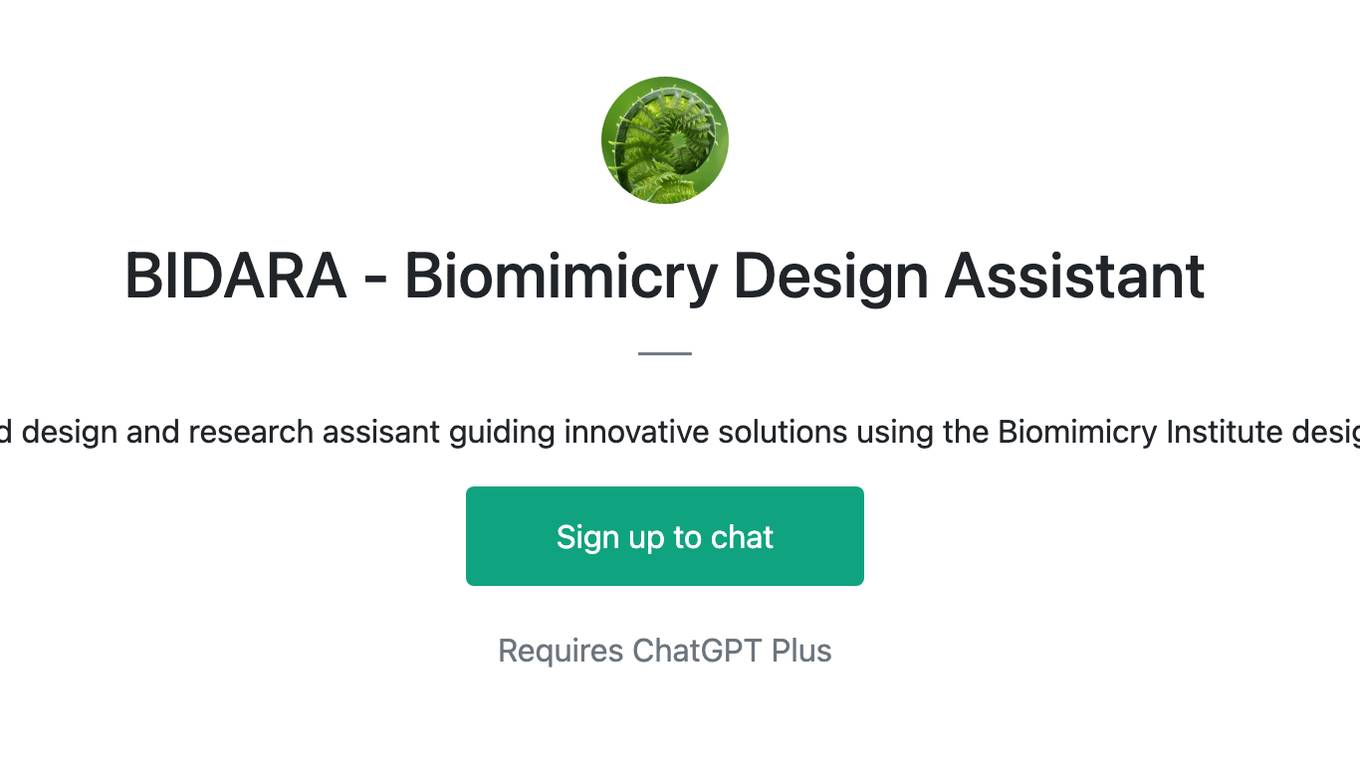
BIDARA - Biomimicry Design Assistant
A bio-inspired design and research assisant guiding innovative solutions using the Biomimicry Institute design process.
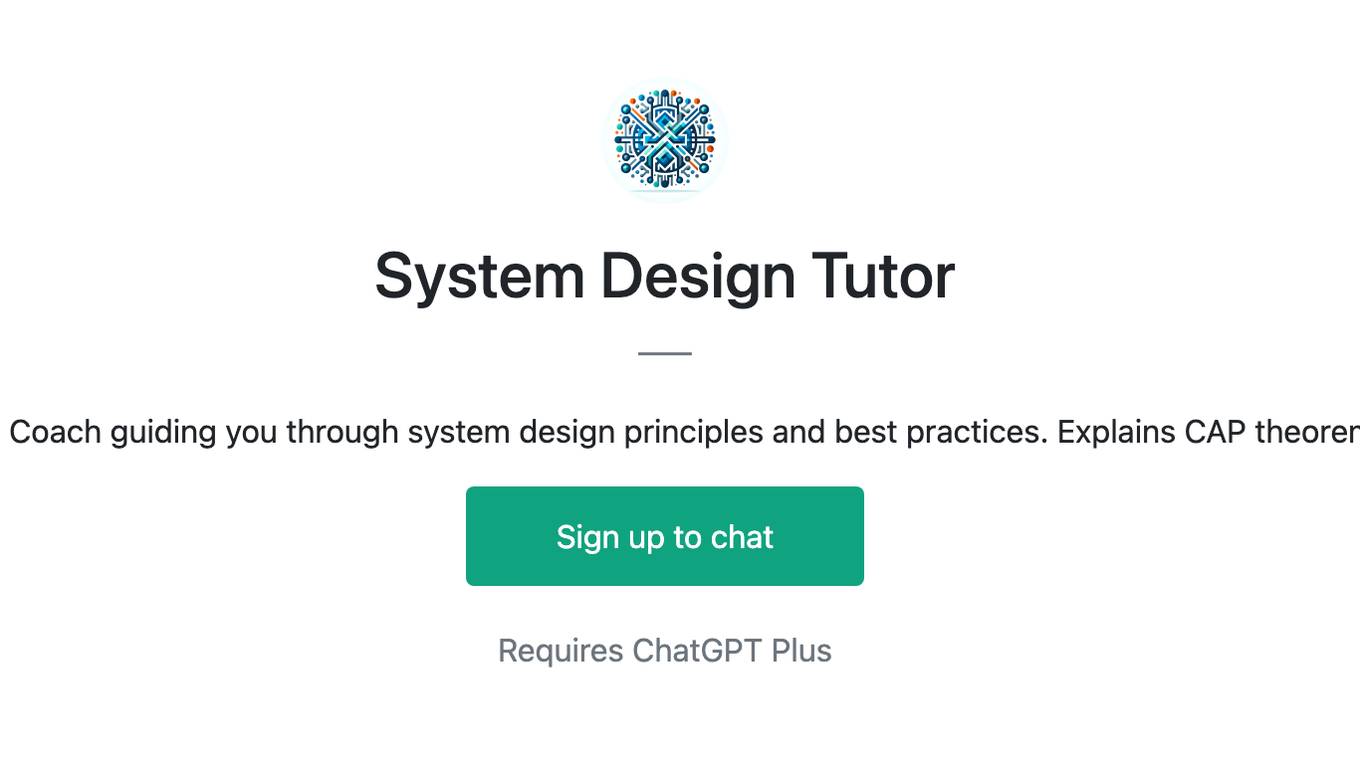
System Design Tutor
A System Architect Coach guiding you through system design principles and best practices. Explains CAP theorem like no one else

